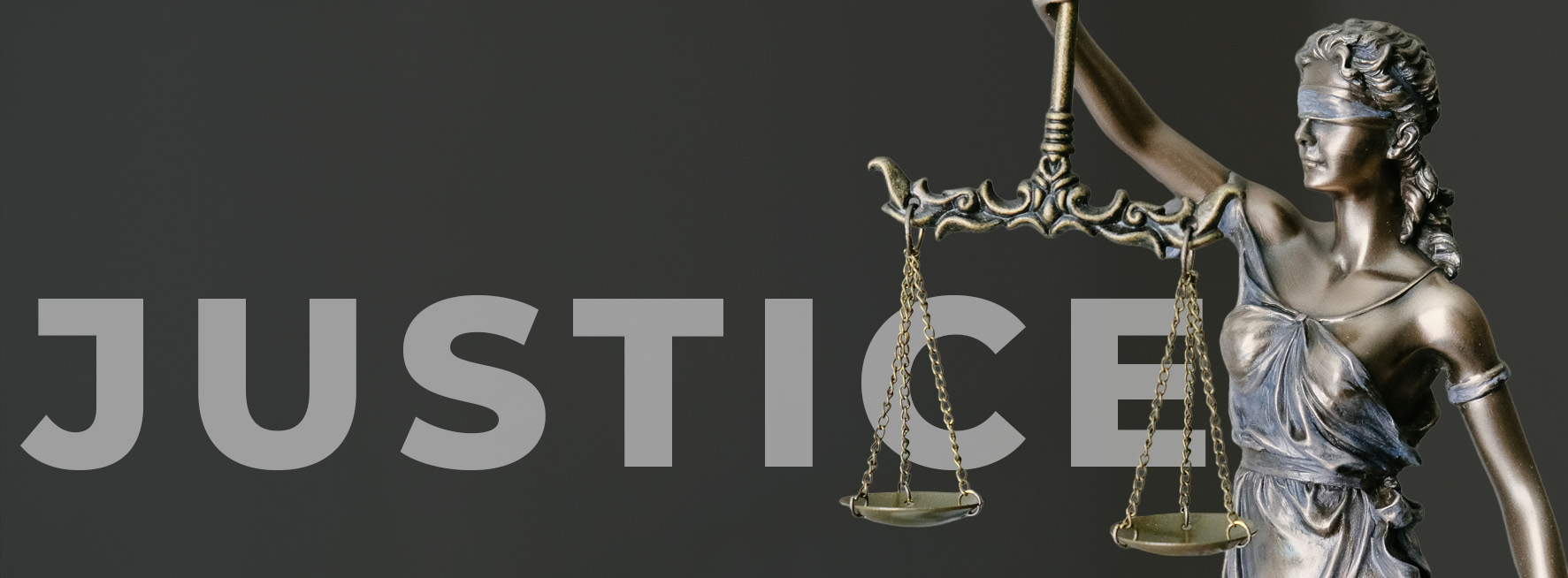Learning on the way
Sermon Summary: This sermon explores the concept of justice through a biblical lens, focusing on how God’s justice is an attribute of His nature rather than something external to Him. Brian used the metaphor of an iceberg—where only 10% is visible above water—to illustrate how limited our understanding of God’s justice can be. As preparation for studying the book of Joshua, which contains challenging passages about God commanding the Israelites to destroy entire cities, the sermon aims to help believers develop a more mature understanding of justice. Brian emphasizes that while humans are created with a desire for justice (reflecting God’s image), our pursuit of justice is hampered by sin, limited perspective, and reductionism—our tendency to oversimplify complex situations. The ultimate injustice, Christ taking our punishment upon Himself, demonstrates God’s perfect justice and mercy working together.
Key Points:
- Justice is an attribute of God’s nature—He doesn’t conform to an external standard; He is the standard of justice
- Our human pursuit of justice is hampered by sin, personal bias, and limited perspective
- Micah 6:8 calls us to “do justice, love kindness, and walk humbly with God,” not to demand justice
- We tend toward “reductionism”—oversimplifying complex situations rather than seeing the bigger picture
- All humans desire justice because we’re created in God’s image, providing The greatest injustice in history was Christ bearing our sin, demonstrating that “the beauty of grace is it makes life not fair”
- God is delaying final judgment out of patience, “not wishing that any should perish, but that all should reach repentance” (2 Peter 3:8-9)
Small Group Questions:
- The sermon uses icebergs as a metaphor for our limited understanding of God. Can you share a time when you questioned God’s justice but later saw a bigger picture you hadn’t initially understood?
- How do you reconcile passages in Scripture that seem unjust (like the conquest narratives in Joshua) with your understanding of God’s character?
- The sermon distinguishes between “demanding justice” and “doing justice” (Micah 6:8). What practical difference do you see between these approaches in daily life?
- What are some ways you’ve been tempted toward “reductionism” in your relationships—oversimplifying situations rather than taking time to understand the full context?
- The sermon suggests that believers and non-believers alike desire justice because we’re all created in God’s image. How might this understanding change your approach to conversations about justice with those who don’t share your faith?
- In what area of your life do you need to “take a breath, say a prayer, and zoom out” to see people and situations more as God sees them?
- How does understanding “the ultimate injustice” of Christ’s death on our behalf change how you respond to injustices you experience or witness?
Key Verses Deuteronomy 32:4, Psalm 89:14, Micah 6:8, 2 Corinthians 5:21, Romans 5:8, 2 Peter 3:8-9, John 9:1-3, 1 Samuel 16:7
Application On The Way This week, when you encounter a situation that frustrates or angers you, practice the “zoom out” approach the pastor described. Instead of reacting immediately, take a breath, say a prayer, and try to see the bigger picture. Consider what circumstances might be affecting the other person that you can’t see. Then, respond with justice, kindness, and humility as Micah 6:8 encourages. Journal about how this approach changed your response and opened opportunities for relationship.
Want to Go Deeper?
Isaiah 30:18, Psalm 33:5, Psalm 103:6, Proverbs 21:15, Isaiah 61:8, Romans 12:17-21, James 2:1-13
The sermon mentions how easily we reduce complex situations to “good guys” and “bad guys.” Read Jesus’ parable of the Good Samaritan (Luke 10:25-37). How does this story challenge our tendency to oversimplify human relationships and moral categories?
In 2 Corinthians 5:21, Paul calls Jesus’ substitutionary death “the ultimate injustice.” Spend some quiet time reflecting on what it means that God willingly endured injustice so you could be forgiven. How does this truth change how you view the injustices in your own life?

